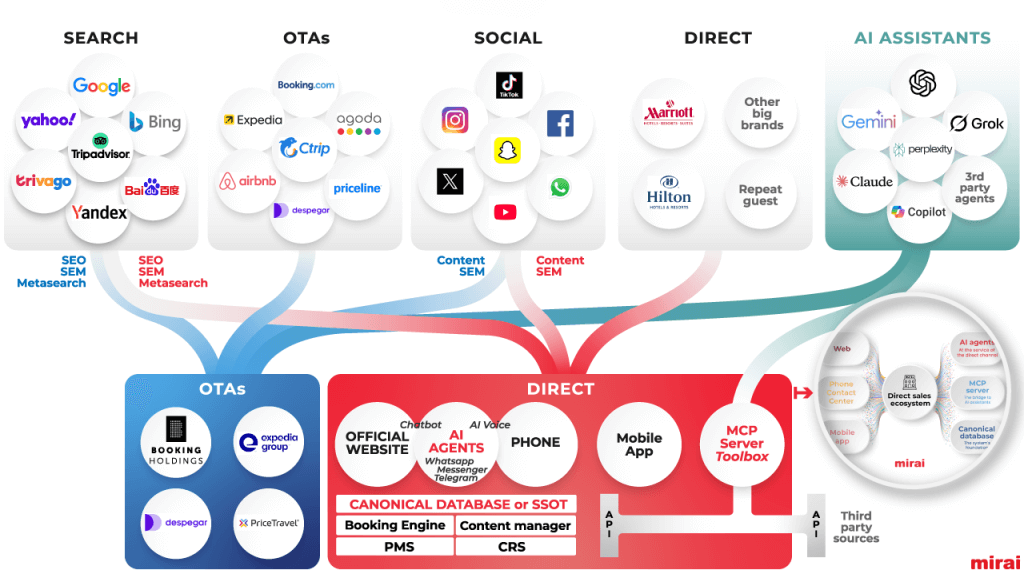
Offering refundable rates as standard is not normal. At least, it shouldn’t be. Think about any other industry.
NB: This is an article from Mews
Subscribe to our weekly newsletter and stay up to date
When you book a flight, you don’t do so speculatively, knowing that you can cancel it without penalty a few days before departure. You don’t buy tickets to a show months in advance and then pay on arrival. The idea of ordering a coffee at a Starbucks on your app and then deciding that you don’t want it once you’re supposed to come pick it up is something that we wouldn’t accept. Why should rooms be any different?
A hotel reservation is an options contract for the future, but it should never be offered for free and without penalty obligation until the day before. No other commodity is treated like this, and every customer understands this in every other sector. Your future guests will accept and adapt faster than you think.
The benefits of going non-refundable
Part of the reasoning for using flexible rates is that it makes booking a more frictionless experience. But it doesn’t eliminate the need to ask a customer for payment, it just kicks it down the road. Eventually, you’re going to have to ask: can you complete your payment? Often, hotels send multiple messages to instigate a response, at which point the relationship with the guest becomes purely transactional rather than human.
Paying at the point of reservation can provide a much better guest experience. It crosses off the transactional part of the relationship immediately and allows you to engage with them more meaningfully for the rest of their journey.
It’s also a boon for hotel cash flow. If you can capture payments at the point of reservation, businesses will receive their money faster and at a steadier rate. This can make a big difference, particularly for properties who rely on high season or peak periods to provide a large portion of their revenue. Oh, and you’ll also have to spend much less time scrambling to fill late-notice cancellations with new bookings.
The future of standard rates
I’m not suggesting that every hotel should offer one, non-refundable rate. Flexible rates have value, but they shouldn’t be the default, and I would argue that they are best used for your loyal customers and for corporate contracts. Ideally, for most of your customers, the refundable portion of a rate would be dynamically priced as an insurance policy for the customer.




